who were patient while I wrote it.
In early 2006, I received an invitation to attend a party at Princes home in Los Angeles, as part of the promotion of his then-current album, 3121.
Since moving to LA in 2005, Prince had been re-establishing contact with Hollywood by inviting A-listers to exclusive parties. Parties had always been a central part of Princes legend, but his Hollywood gatherings were different to those that had helped make his name in Minneapolis. These were invitation-only events and included annual post-Oscars celebrations to which aspiring gatecrashers, such as Karen O from the Yeah Yeah Yeahs, were refused entry. If the plan for these parties was to boost his profile among the rich and famous, he succeeded: over the next few years, American chat shows would often feature celebrities describing the experience. The actor Ryan Phillippe told Conan OBrien hed interrupted Prince in the middle of a song to ask him for directions to the bathroom; 30 Rock star Tracy Morgan would later describe how hed attended a party at the height of his alcoholism and had refused to leave until Prince came down and threw him out. American news anchor Anderson Cooper would tell daytime TV hosts Regis and Kelly about fighting comedian David Chappelle for one of Princes discarded plectrums at a later party at the Hotel Gansevoort, a bash I also attended. Mortification seemed to be a common experience of celebrities who got to go to Princes parties, usually cool stars thrown into a flap when encountering someone whose image and aura out-stripped their own.
On the night of the 3121 party, a limousine driver showed up at the Mondrian to drive me up to Princes house for the eleven oclock guest entry. As we slowly snaked through West Hollywood, the Russian chauffeur ranked his favourite Nabokov novels in order of preference and told me about the celebrities hed taken to previous parties at Princes place, and I realised that Prince was trying to transform Los Angeles into Uptown in the same way hed managed with Minneapolis nearly thirty years earlier . When we reached the house, the numbers on the front gate had been rearranged to read 3121. The title of Princes album had prompted much speculation, with fans wondering if it was a year (making the title song a futuristic update of 1999), a biblical line reference or something to do with numerology (the numbers added up to seven, a significant number for Prince). But they had read too much into it: it was merely the address of the Los Angeles property Prince had rented (and recorded in) before moving here.
Even for a private event like this, Prince was a stickler for detail. The security guards checking the guest lists had purple clipboards and collar pins in the shape of the  symbol Prince adopted as a name in 1993. As I stood with the celebrities and wannabes by the front gates to Princes house, a neighbour came by trying to wangle his way in. Prince had sent over a bottle of wine as an apology for any noise, but the neighbour wanted to come to the party instead, hopping from one foot to the other as the guards radioed the house. Whenever Ive attended any of Princes smaller shows, anxiety about getting in has given the evening an extra charge, and I wished the man luck as the rest of us clambered into the van for the ride up.
symbol Prince adopted as a name in 1993. As I stood with the celebrities and wannabes by the front gates to Princes house, a neighbour came by trying to wangle his way in. Prince had sent over a bottle of wine as an apology for any noise, but the neighbour wanted to come to the party instead, hopping from one foot to the other as the guards radioed the house. Whenever Ive attended any of Princes smaller shows, anxiety about getting in has given the evening an extra charge, and I wished the man luck as the rest of us clambered into the van for the ride up.
Princes property was a bewitching example of that sinister Walt Disney-meets-David Lynch architecture that appeals only to the wealthiest celebrities, a surreal modern fantasy of feudal living where you can remain in splendid isolation and yet convince yourself the whole of Hollywood is at your command. Prince captured the imagination of the 80s generation by connecting his music to a secret wonderland of exclusive shows: for anyone other than the lucky denizens of Minneapolis, the Paisley Park recording complex he started working in during 1987 seemed a distant utopia, as fans read about all-night sessions and secret parties and wished they could somehow attend. With the release of 3121, Prince had (for the umpteenth time) returned and reignited what remained a fantasy for most but was a daily reality for him, as the whole album was designed as and best understood as the aural equivalent of a private party.
From the duration of his shows to the access he allows his fans, Prince has challenged all conventional notions of what an audience might reasonably expect from an artist. Music critics have often drawn parallels between the elaborate backstage environments constructed by bands and a royal court both places where privilege and favour allow various members of the entourage or esteemed guests to pass through a series of heavily protected barriers and get closer to the artists inner sanctum. In this world, drug dealers and groupies often have greater freedom of movement than band members wives and girlfriends, but from an early stage in his career Prince has insisted he has no interest in drugs and only minimal interest in alcohol (wine, champagne and, during an odd period in the mid-1990s, port). And while his supposed sexual insatiability has always been a central part of his persona, Alan Leeds Princes tour manager from 1983 until 1990 has stated that Prince avoided all but the most interesting female fans, such as Anna Garcia or Mayte, spending the majority of his time with his female tour mates instead. So, rather than offering freedoms to those who might offer him drugs or sex, Prince instead rewards them with money, fame or enthusiasm. The more tenacious the fan and, to a certain extent, the more money they can pay, the greater access they get (although the celebrity remains the most welcome visitor).
Even so, Princeland has to be delicately balanced. Because hes previously allowed his fans extraordinary access (such as his week-long Celebrations at Paisley Park), they complain whenever he plays shows for a celebrity audience or charges an extortionate ticket price. But its a mistake to expect consistency from Prince. Like almost all of the handful of household-name rock stars who have had careers that have lasted over several decades, he wants different things at different times, going through periods when he produces non-commercial albums and relies on the understanding of his hard-core fan base, then attempting to win back the mainstream with greatest-hits tours and audience-friendly records like Musicology or Planet Earth. In recent years, money and power seem to have become increasingly important to him as, having predicted (and survived) the collapse of the record industry, he seeks out new ways of maintaining his success.
On the night I went to his house, he was in the middle of many campaigns. As well as impressing celebrities (the guests on this night included Bruce Willis, Sharon Stone, David Duchovny and Jessica Alba), Prince was throwing the party to promote his new album, blow a few fans minds, encourage his record company to distribute an album hed created with his then-current protge Tmar, and no doubt achieve half-a-dozen other aims as well. Id been to Princes after-shows and exclusive performances before, but nothing like this. I was about to experience the intimate Prince performance Id been lusting for from the moment I first heard his music.

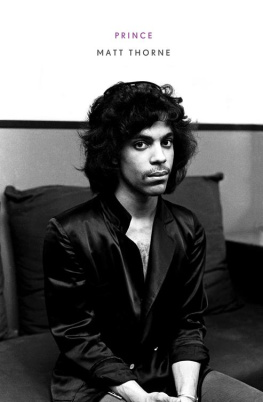
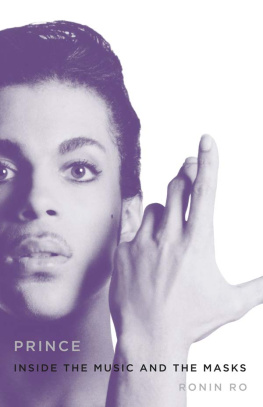

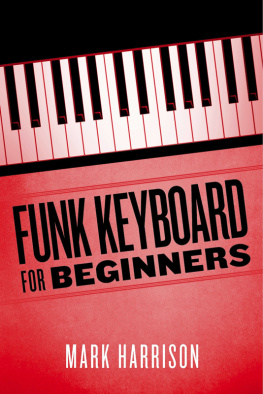
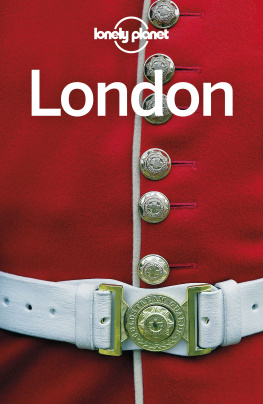
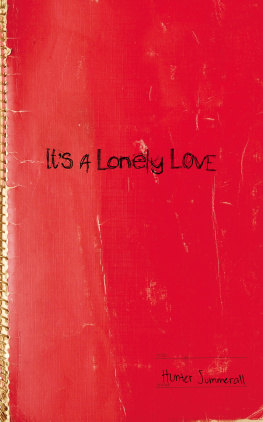
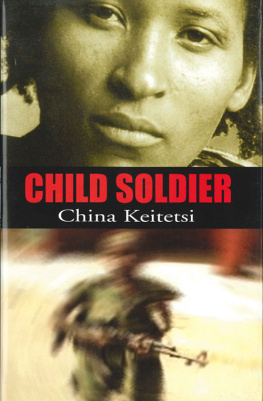
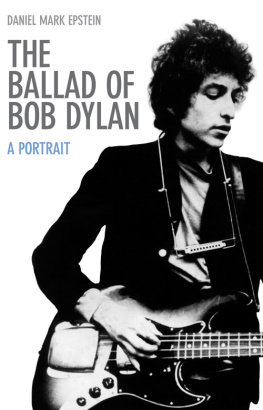


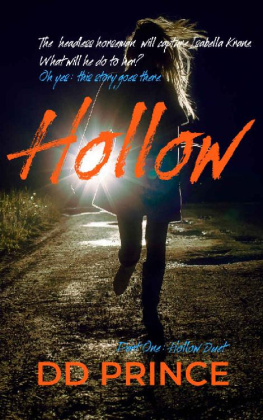

 symbol Prince adopted as a name in 1993. As I stood with the celebrities and wannabes by the front gates to Princes house, a neighbour came by trying to wangle his way in. Prince had sent over a bottle of wine as an apology for any noise, but the neighbour wanted to come to the party instead, hopping from one foot to the other as the guards radioed the house. Whenever Ive attended any of Princes smaller shows, anxiety about getting in has given the evening an extra charge, and I wished the man luck as the rest of us clambered into the van for the ride up.
symbol Prince adopted as a name in 1993. As I stood with the celebrities and wannabes by the front gates to Princes house, a neighbour came by trying to wangle his way in. Prince had sent over a bottle of wine as an apology for any noise, but the neighbour wanted to come to the party instead, hopping from one foot to the other as the guards radioed the house. Whenever Ive attended any of Princes smaller shows, anxiety about getting in has given the evening an extra charge, and I wished the man luck as the rest of us clambered into the van for the ride up.